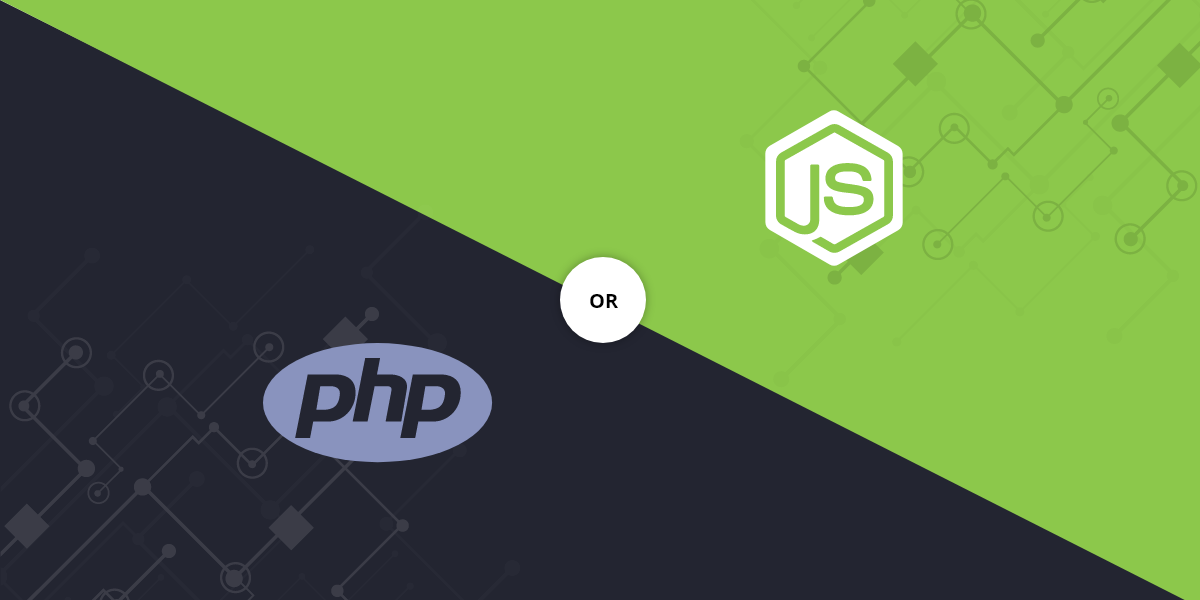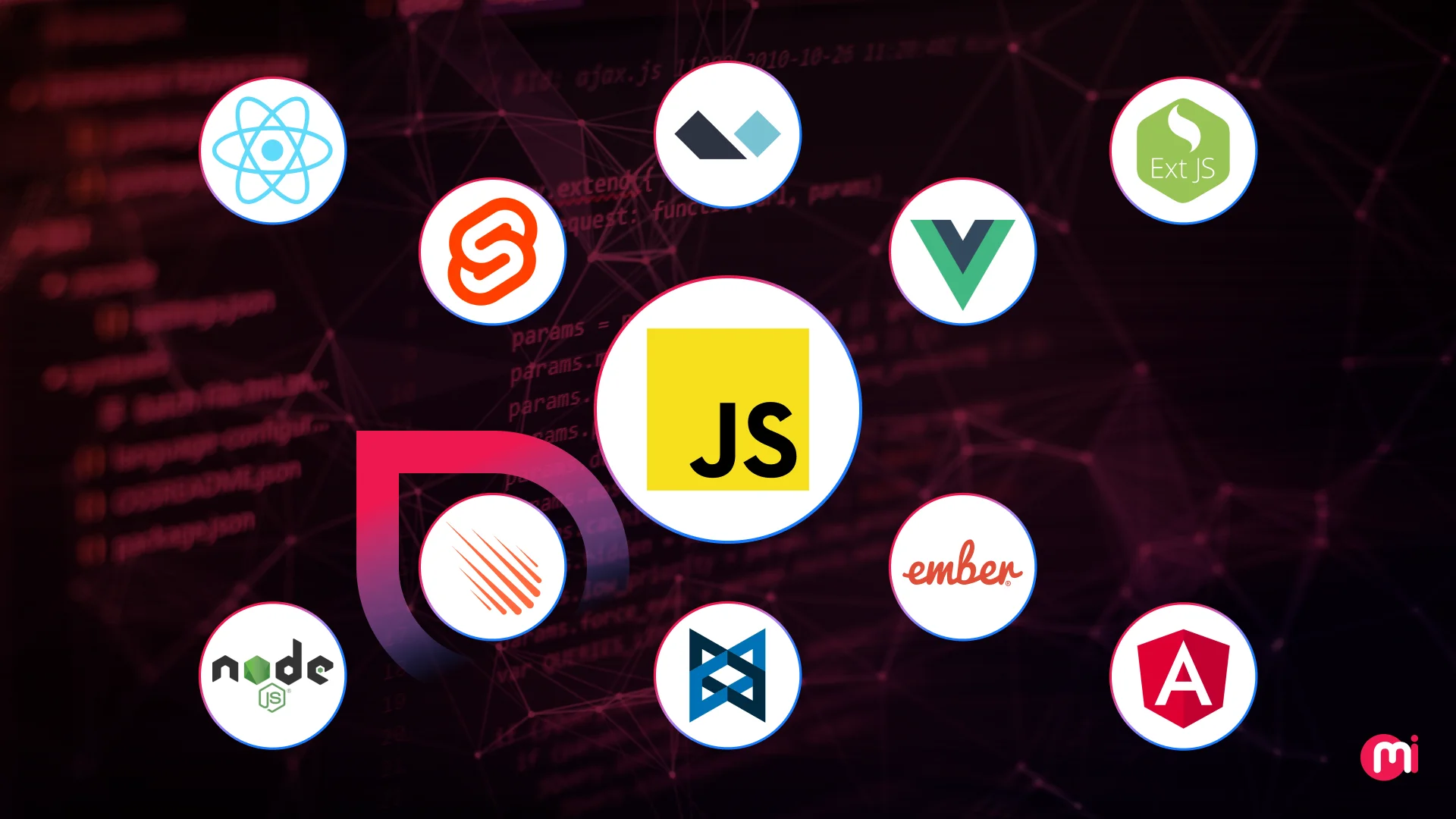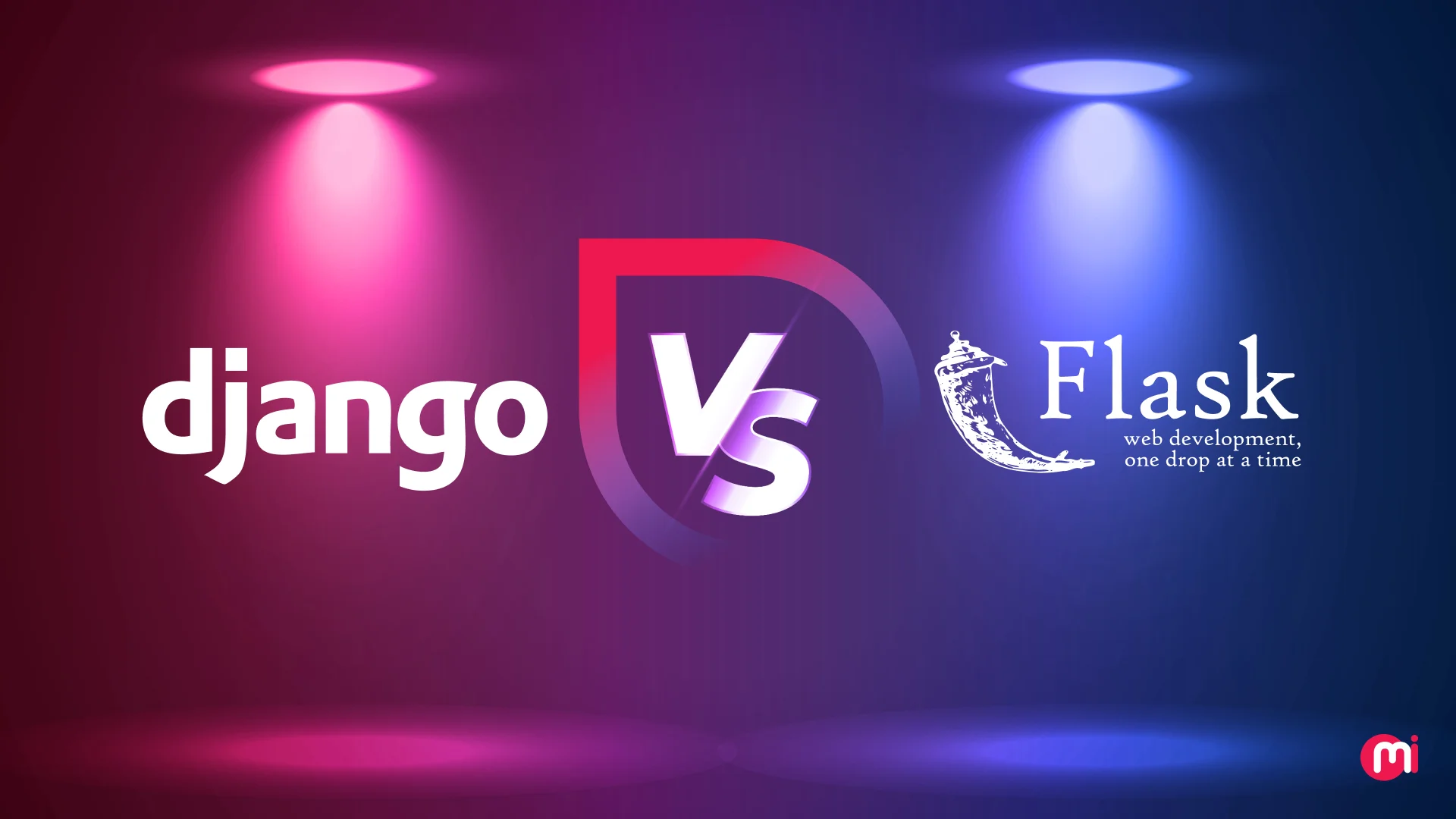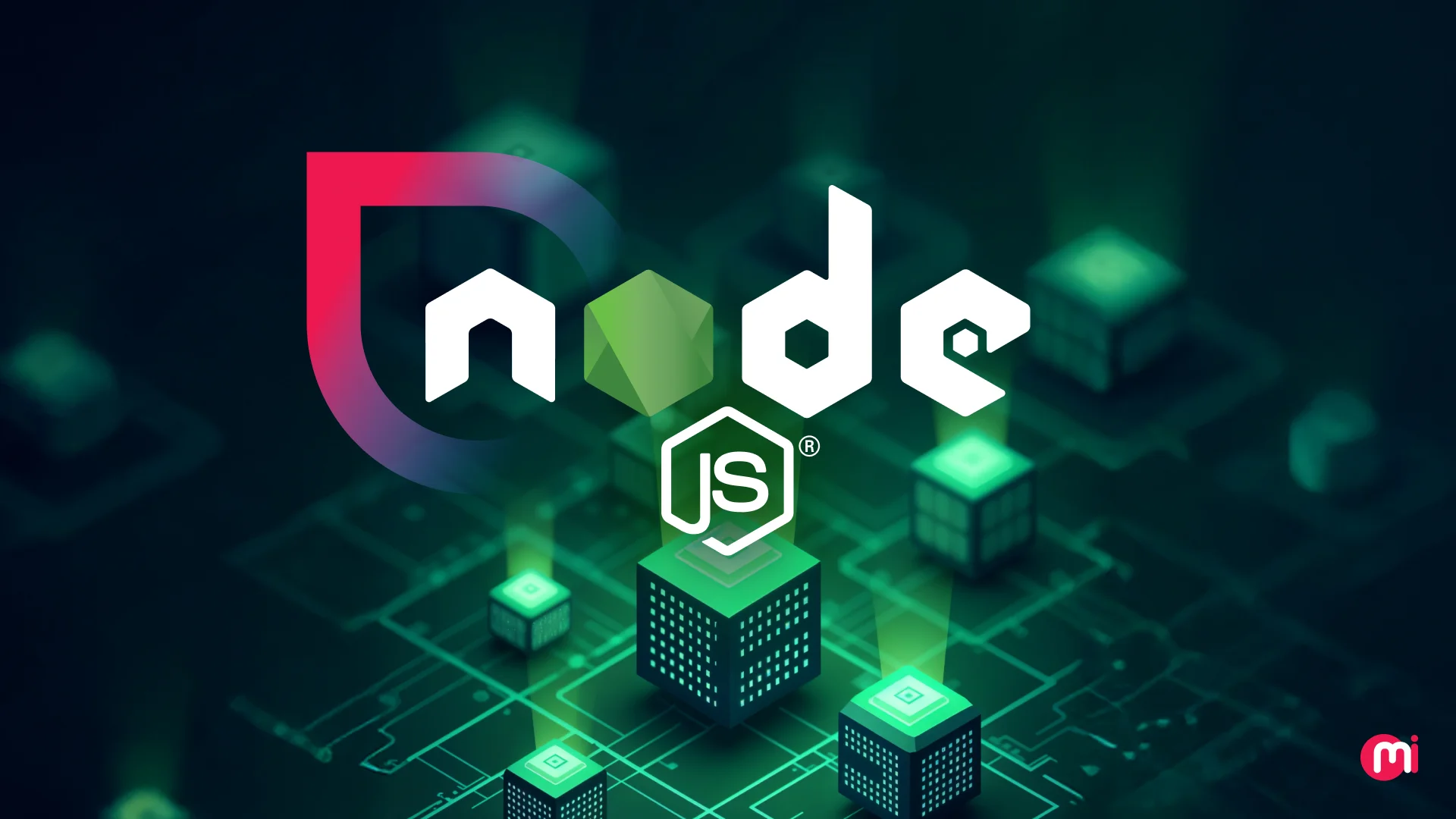PHP or Node.js: Which is Better and Why?
- Web
- November 5, 2019
The technology has been developing at a rate in the past decade like never before. The growth seems to stop nowhere soon and is expected to create a major transition in the world we live in.
At the shore of the technology is the base formed by a number of languages to be built upon into a number of different structures each for different use.
The languages and development of such structural platforms vary in their significance, ease of usage, performance, compatibility, and execution and hence are to be chosen wisely in accordance with the motive.
Node.js and PHP have come up as the most widespread and popular names in the field of technological development and backend programming.
Node.js is an open-source, JavaScript runtime environment that is cross platform and executes the JavaScript code outside of a browser.
Read also: The Positive and Negative Aspects of Node.js Web App Development
It is a server-side platform built upon Google Chrome’s Engine to develop fast and scalable network applications. It is fast, highly scalable, overcomes buffering, asynchronous, and event-driven.
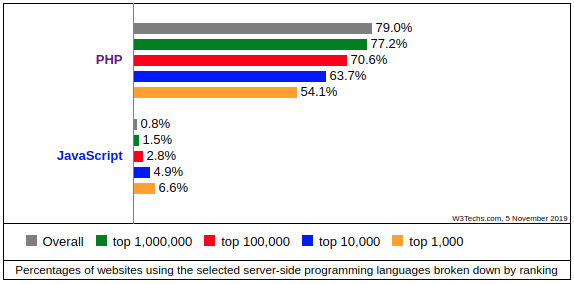
While on the other hand is PHP which is an open-source server-side scripting language. According to a survey by W3Tech, 79% of the websites are usually developed using PHP. It initially was known as “Personal Home Page” but is now popularly known as “Hypertext Pre-Processor”.
Some Interesting Facts
- Over 244+ million websites are based on PHP.
- Node.js celebrated its 10th birthday in May 2019.
- About 32,000+ websites in the US are being run upon Node.js currently.
- Node.js has been effective at about 96% rate and helped to decrease the loading time of the web pages by 50-60%.
- Node.js also had a significant effect on the costs by decreasing the costs by 58% on an average and enhancing the application performance by about 50%.
Similarities Between Node.js and PHP
However, the languages vary in the context of their usage and aspects of working, both Node.js as well as PHP show some common factors.
Interpreted Languages
Both Node.js, as well as PHP, are interpreted languages. The respective codes can be run in respective runtime environments and are suitable for both beginners and experts as well.
Service
Both languages are somehow used to serve web requests. The languages handle the dynamic web content efficiently and make up an interactive and user-friendly interface. Both languages are considered very efficient to be used to serve web sockets.
Compatibility
One of the biggest advantages of the languages is that both of them are widely compatible with a number of operating systems including Linux, macOS, and Windows. Both of them are highly adaptable and can be modified easily.
Performance
The languages only vary in performance based on the purpose and intent used to create a web platform. The languages are highly viable and are highly efficient in being used upon the respective purpose of their expertise.
Both the platforms are highly successful in delivering performance and desired purpose.
Difference Between Node.js and PHP
Whether you opt for PHP or Node.js development services, both provide a strong and powerful backend for dynamic and efficient platforms but have various differences in the respective fields. Let us see how.
JavaScript Affiliation
Node.js gives the developers a highly efficient environment which gives the power to the developers to go beyond the browsers with the script and reduces the reliability of the web platform upon the flash.
On the other hand, PHP has its base to deliver the content from servers to browsers itself.
Complexity
PHP here seems to be a bit easier to work with for beginners in comparison to Node.js but equals in the comparison while talking about professional developers.
Node.js is not too complex to be used but requires an additional amount of codes for its work in comparison to PHP.
Execution
PHP being more of a basic platform is slower than Node.js to execute the developed programs and is weighted in comparison to Node.js.
Portability
PHP as a language to develop web programs seems to be highly portable and compatible with different operating systems.
Web hosting for the PHP is cheaper and more accessible than Node.js. This is also one of the major reasons that PHP platforms rule the web with more than 80% of the content.
Synchronization
Code executed line by line and proceeds to the next line of the code only when the current line has been executed is known as synchronous code while the code executed at the same time is known as asynchronous code.
PHP is a synchronous coding language and Node.js is an asynchronous coding language. The synchronous web platforms are considered less viable for execution speed and asynchronous web platforms are considered more viable tools to enhance the execution speed of the program.
Framework
PHP is a popular server-side scripting platform language and is easy for backend development.
The language is backed by a number of frameworks, namely Laravel, Codelgniter, Cakephp, etc. are highly efficient to be used in agile, robust, and secure backend development of web programs.
Which is Better: PHP or Node.js?
Backend programmers are the ones who are often found to be in a dilemma of selection between the two as the best language to execute a project. Both languages assure a great deal of web programming experience to the developers as well as the end-users through the final result.
The coding in PHP is comparatively quicker and simpler than Node.js and hence is initially more attractive and seems beneficial to be used.
On the other hand, Node.js seems to be a bit of a more complicated language. The deployment of developed programs in case of Node.js is a complex and infra required project.
Both languages have their respective pros and cons as follows:
- PHP language is highly supported by a number of hosting platforms and hence is easier to work upon and deploy hosting to the web program. Node, on the other hand, uses a virtual server for the same.
- PHP, however, provides a reliable and stable performance of the developed programs; Node.js is speedy and provides quick turnaround time for the web programs.
- Node.js is a more flexible and scalable platform than PHP. It has limited boundaries and dependencies which make it more agile and easier to work with huge files.
- Node.js is not very much suitable for handling CPU intensive activities although being highly responsive and user-friendly.
- PHP sometimes gets unmanageable with the huge amount of codes which the Node.js platforms hardly face.

Endnote
As seen by the competition between PHP and Node.js, both the platforms seem to have their own benefits and are advantageous when used in focus on the desired outcome.
The major question to be asked when choosing the languages must be which language can be used to serve the purpose in a better way rather than questioning the efficiency and ability of both the languages to work.
So, we hereby conclude that both languages are great platforms to work with and come with awesome benefits. We also found out who are the most likely people and working dimensions most compatible with the respective languages.
To conclude…
No programming language is superior to another in absolute terms; each has its unique strengths and applications based on the project’s requirements. PHP, being an older language, is well-suited for beginners and has a long-standing history in web development. On the other hand, Node.js has emerged as a powerful and modern choice, offering high performance and scalability for contemporary applications.
At MindInventory – a prime choice for businesses as a backend development company, we leverage the best of both worlds. Our backend development services utilize PHP for its robustness in traditional web solutions, while also harnessing the power of Node.js for its efficiency and scalability in modern applications. Our team of experts ensures that the choice of technology aligns perfectly with your project’s goals, delivering customized and high-performance solutions tailored to your needs.
Whether you need the time-tested reliability of PHP or the cutting-edge capabilities of Node.js, MindInventory has the expert team to hire node.js developers and PHP developers from to build robust, scalable, and efficient backend systems that drive your business forward.
